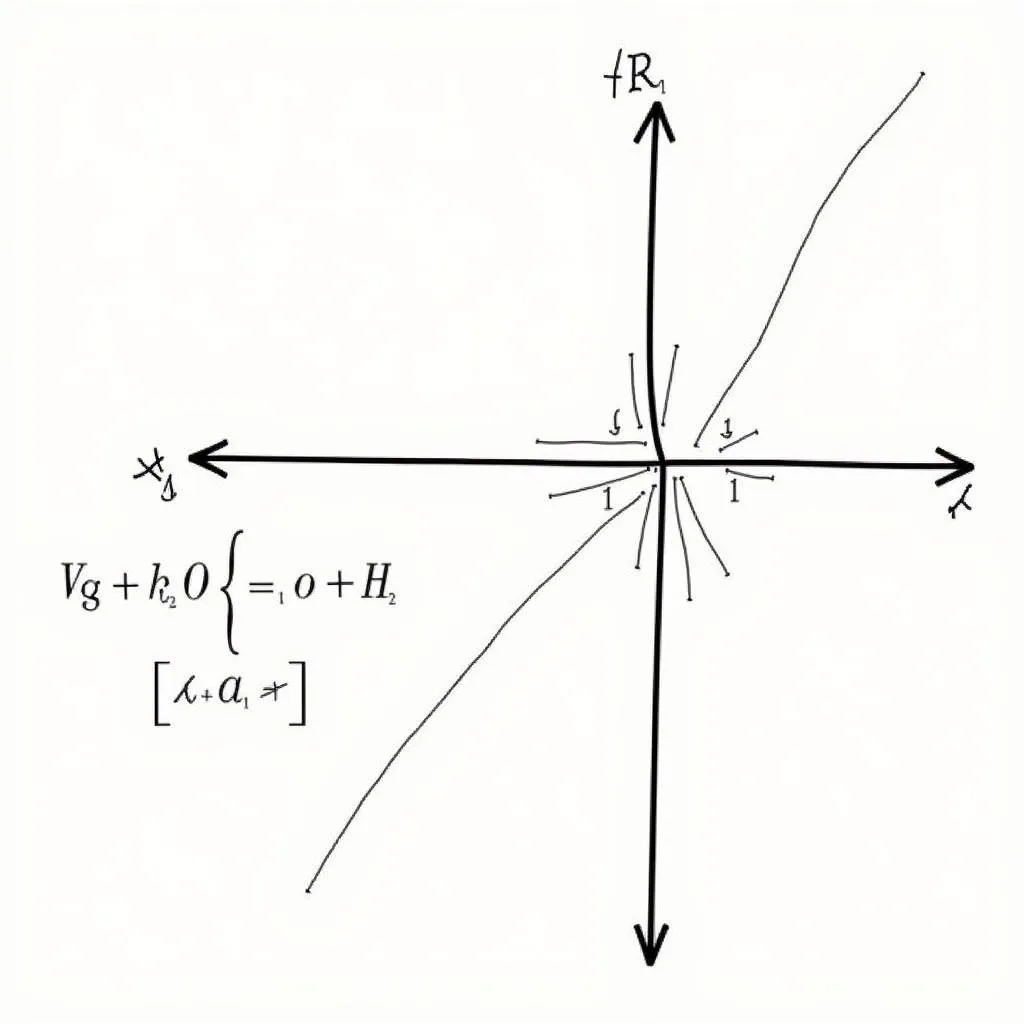Operations research (OR) is a powerful analytical approach used to make better decisions and improve efficiency in various fields. From optimizing supply chains and scheduling flights to designing telecommunications networks and managing financial risk, OR offers a versatile toolkit for tackling complex problems and achieving optimal outcomes.
What Exactly is Operations Research?
Imagine you’re a logistics manager responsible for delivering goods across the country. You need to determine the most efficient routes for your trucks, considering factors like distance, fuel costs, delivery time windows, and driver availability. This scenario, involving numerous variables and potential solutions, is where OR shines.
At its core, operations research employs a scientific and data-driven approach to problem-solving. It leverages mathematical models, algorithms, and statistical analysis to identify the best possible solutions within given constraints. OR helps decision-makers make informed choices that optimize performance, minimize costs, and maximize efficiency.
Key Concepts in Operations Research
To grasp the essence of OR, it’s helpful to understand its fundamental components:
- Mathematical Modeling: OR relies heavily on creating mathematical representations of real-world problems. These models use variables, equations, and constraints to capture the essential relationships between different elements of a system.
- Optimization Techniques: OR employs a range of optimization algorithms to find the best possible solution to a problem. Popular techniques include linear programming, integer programming, network optimization, and simulation.
- Data Analysis: Data plays a crucial role in OR. By analyzing historical data, OR practitioners can identify patterns, trends, and insights that inform the model-building process and solution evaluation.
 Operations Research Applications
Operations Research Applications
How Does Operations Research Work in Practice?
Let’s illustrate how OR works through a simplified example: imagine a company that manufactures two types of bicycles: mountain bikes and road bikes. Each bike requires a certain amount of labor, raw materials, and production time. The company wants to determine the optimal number of each bike type to produce in order to maximize profits, given limitations on resources and market demand.
An OR analyst would approach this problem by:
- Defining the problem: Clearly articulate the objective (maximize profit) and identify the constraints (resource limitations, demand).
- Developing a mathematical model: Create a system of equations that represents the relationship between the variables (number of bikes produced, resources used, profit), constraints, and objective function.
- Solving the model: Utilize an appropriate optimization algorithm (e.g., linear programming) to find the values of the decision variables that result in the highest profit while satisfying all constraints.
- Analyzing the results: Interpret the solution obtained from the model and assess its feasibility and sensitivity to changes in input parameters.
- Implementing and monitoring: Put the solution into practice and track its performance over time, making adjustments as needed.
 Visual representation of Operations Research Model
Visual representation of Operations Research Model
The Benefits of Operations Research
Implementing operations research offers numerous advantages:
- Improved Decision-Making: OR provides a structured framework for making informed decisions based on data and analysis, reducing guesswork and subjectivity.
- Enhanced Efficiency: OR helps organizations optimize resource allocation, streamline processes, and reduce waste, leading to significant cost savings and productivity gains.
- Competitive Advantage: By making better use of resources and improving efficiency, companies can gain a competitive edge in the marketplace.
- Data-Driven Insights: OR promotes a data-driven culture within organizations, enabling them to extract valuable insights from data and make more strategic decisions.
Conclusion: Embracing the Power of OR
In an increasingly complex and data-rich world, operations research has become an indispensable tool for navigating challenges and making optimal decisions. By understanding the principles and applications of OR, organizations and individuals can unlock new levels of efficiency, profitability, and success.